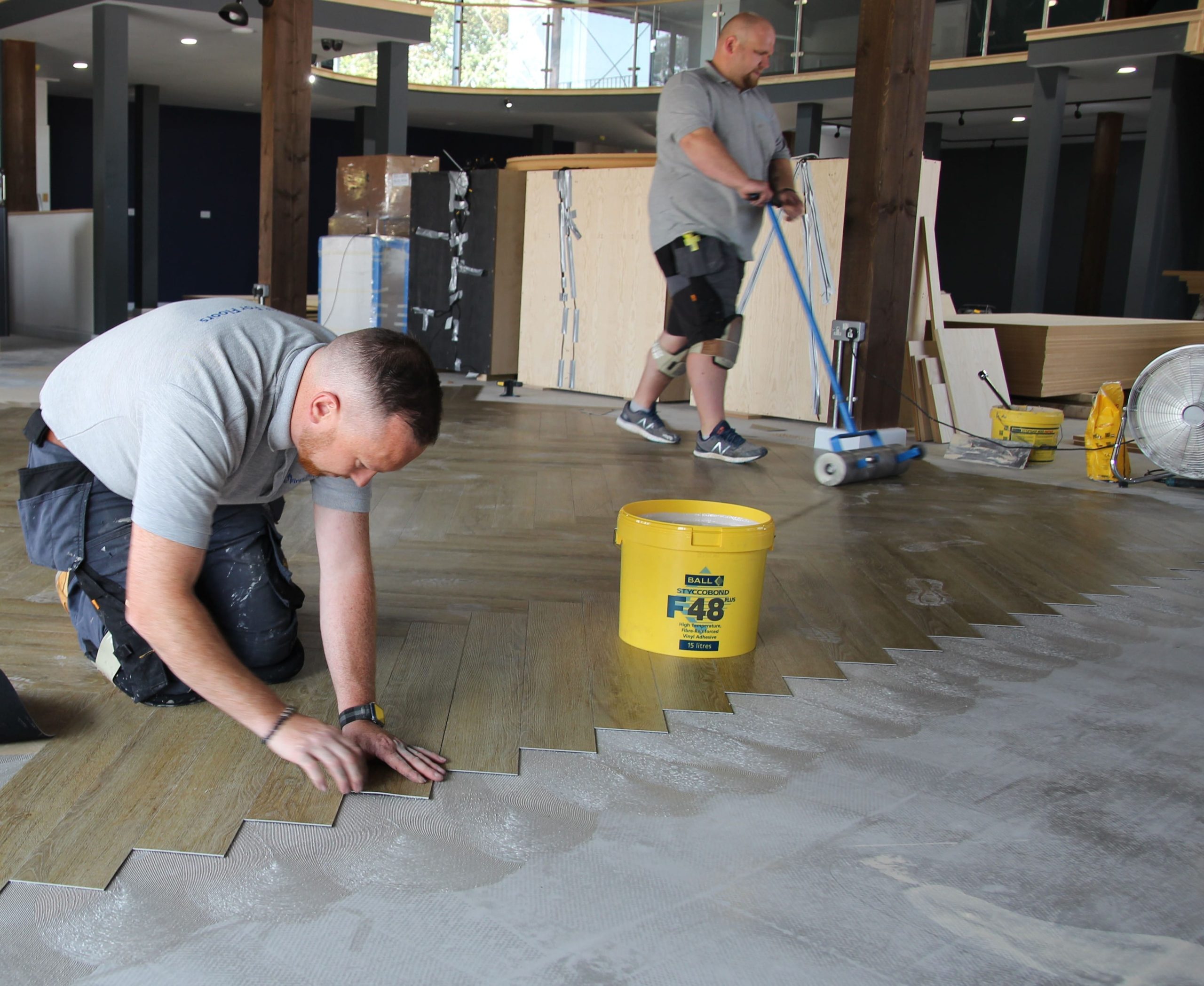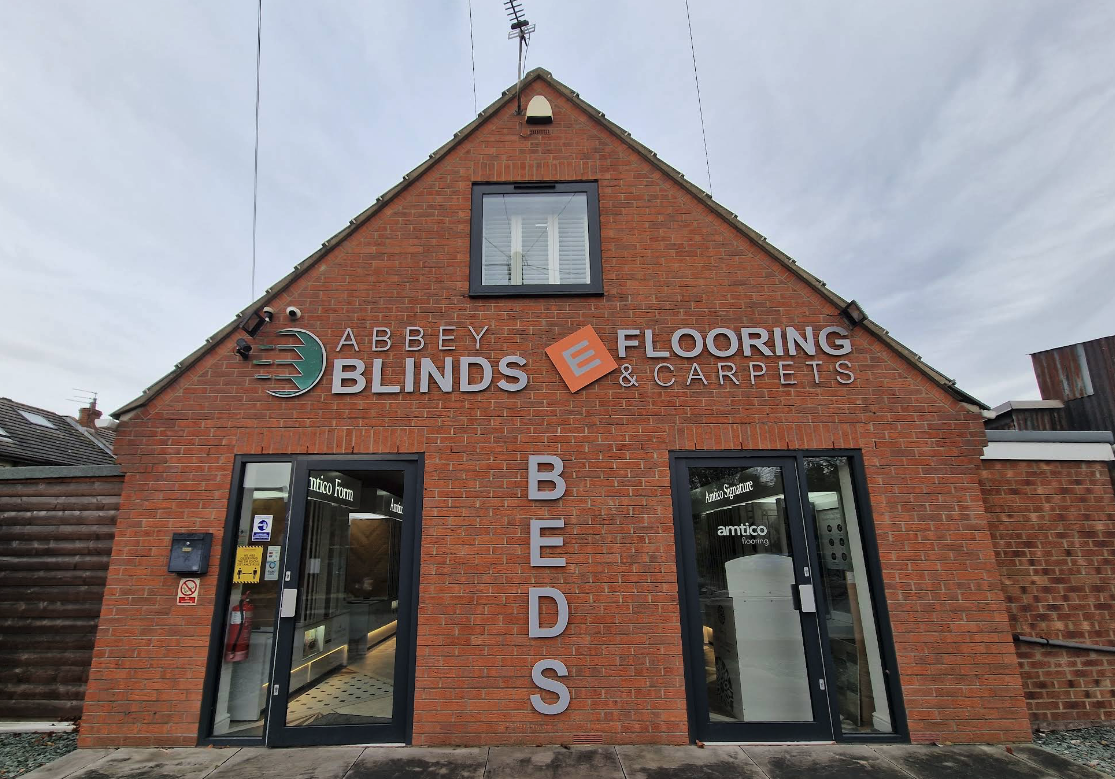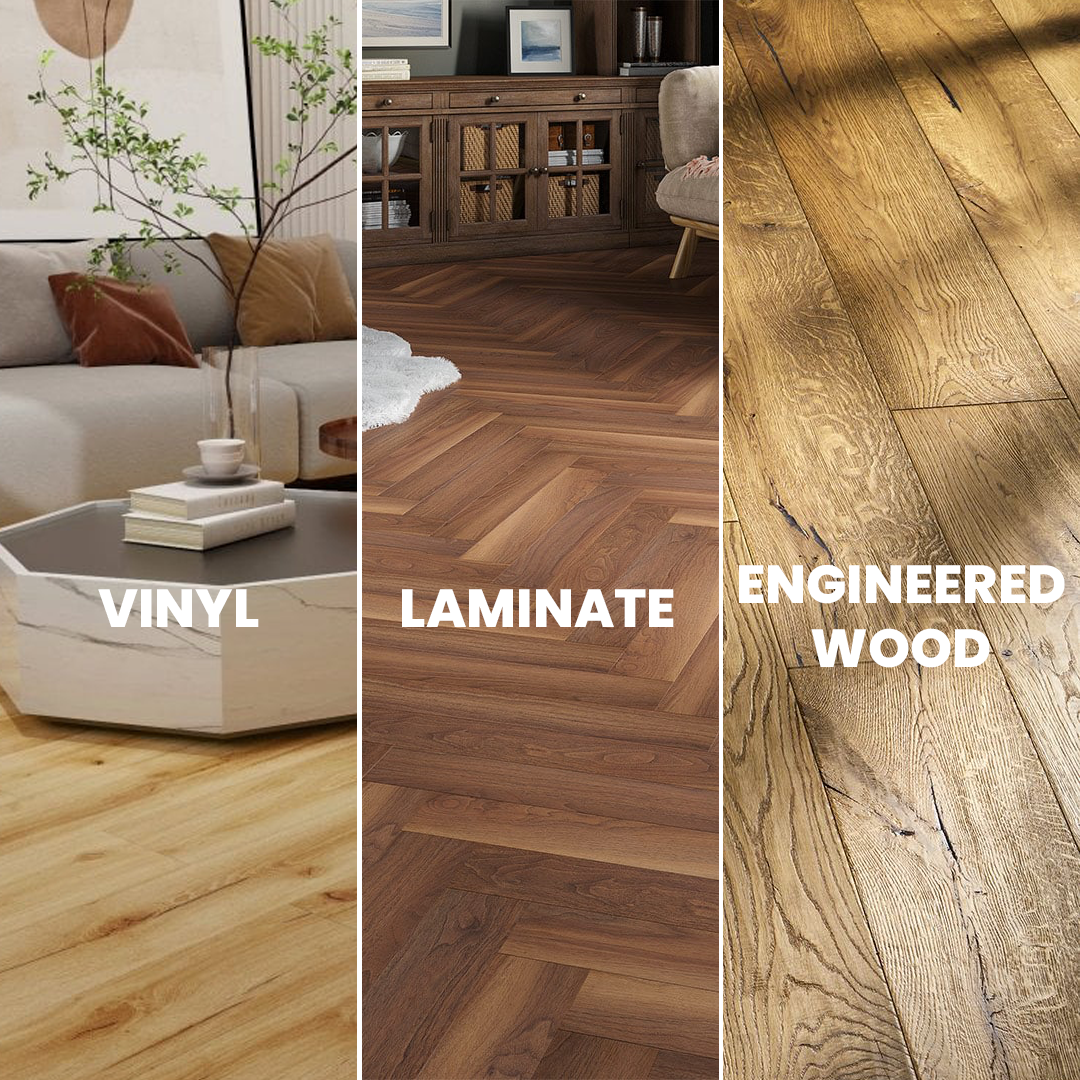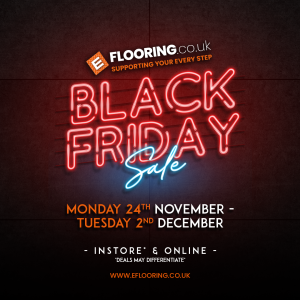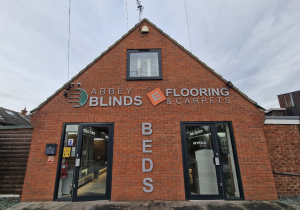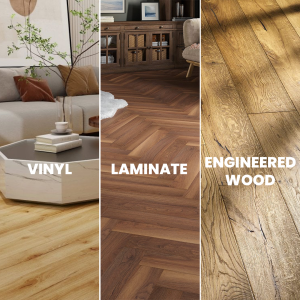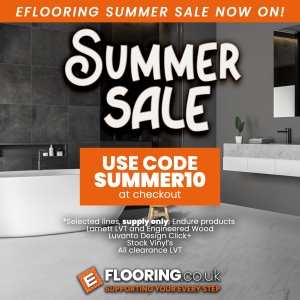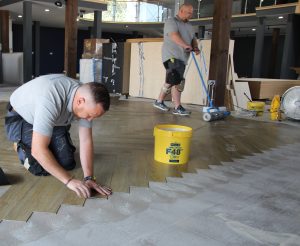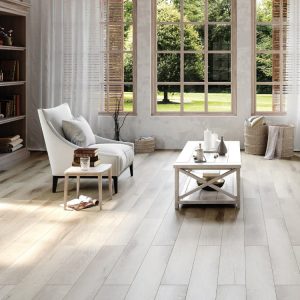Popular Flooring Types & Suitable “F” Glues
1. Textile & Carpet (unitary, foam/fibre backed)
- Use STYCCOBOND F3: F. Ball’s flagship water-based adhesive for most textile floorcoverings — including unitary, fibre-bonded, felt- and foam-backed carpets.
- For release systems (when removal may be needed): consider STYCCOBOND F40 tackifier + sealer to allow lifting later.
2. Vinyl (sheet & tile)
- Sheet vinyl, PVC-backed carpet tiles, sheet accessory installations:
- STYCCOBOND F41 – suitable for bitumen-backed carpet tiles and vinyl membranes.
- Pressure-sensitive / temperature‑tolerant needs (e.g. conservatories, glazed areas):
- STYCCOBOND F49 HYBRID PS – offers strong initial grab, water resistance, and works from –20 °C to +60 °C.
- Sheet vinyl & linoleum (general use, fast-drying):
- STYCCOBOND F48 PLUS – fibre-reinforced, fast-grab vinyl adhesive, heat- and plasticiser-resistant.
3. Rubber Flooring (sheets & tiles)
- STYCCOBOND F58 – premium acrylic adhesive with strong initial tack, bio-degradation resistant, suitable for underfloor heating and marine environments
4. Wood Flooring (planks, strip, block, engineered)
F. Ball offers a comprehensive wood adhesive range — key options include:
- Styccobond B95 – moisture-curing PU adhesive for wood plank and strip; flexible for underfloor heating.
- Styccobond B92 – synthetic resin adhesive, ideal for wood block, mosaic, strip up to 1.5 m.
- Styccobond PU/SB90 – PU or PVA emulsion for tongue‑&‑groove and general wood applications.

5. Specialty & Ancillary Products
- For seaming carpet edges: use STYCCOBOND F30 to prevent fibre loss.
- Release systems: e.g. overlaying existing flooring, using release sealer + tackifiers allows easier future removal.
📋 Choosing the Right Adhesive — A Quick Guide
| Flooring Type | Recommended Adhesive(s) | Why It Works |
|---|---|---|
| Textile/Carpet | F3, F40 + tackifier | Ideal grab, supports release |
| Vinyl (sheet/tile) | F41, F49 HYBRID PS, F48 PLUS | Heat- and pressure-resistant |
| Rubber | F58 | Tac-friendly, marine rated |
| Wood | B92, B95, SB90, PU | Flexible bonding, heating-compatible |
| Seaming & accessories | F30, F41 | Clean edges and accessory bonding |
✅ Best Practices
- Always consult the RAG — it lists compatibility with over 6,000 flooring products from 200+ manufacturers.
- Subfloor prep matters:
- Use smoothing compounds like STOPGAP if needed.
- Seal high-moisture floors using STOPGAP membranes (e.g. F76, F77).
- Wood floors often require RH ≤ 65% and a waterproof membrane under high moisture conditions.
- Tailor to environment:
- Use temperature-/humidity-resistant adhesives (like F49) for extremes.
- Select marine-rated adhesives for boats/ships (e.g., F58).
- Bond type:
- Permanent adhesives: ideal for full, lasting adhesion.
- Release/tackifier systems: for installations needing later removal.
- Pressure-sensitive adhesives: for initial high tack with long open times (e.g., F49, F48 Plus).
🔍 Final Thoughts
Selecting the correct F. Ball adhesive ensures durability, prevents bond failure, and simplifies installation. The 2025 RAG (available in print, online, or via app) remains the go-to tool—backed by extensive 56-day field testing and manufacturer approvals.
Whether installing carpet, vinyl, rubber, or wood, your adhesive choice shapes the performance and longevity of the floor. Use this guide to match flooring types with the right F glue, and always verify with the latest RAG appendix for precise compatibility.
